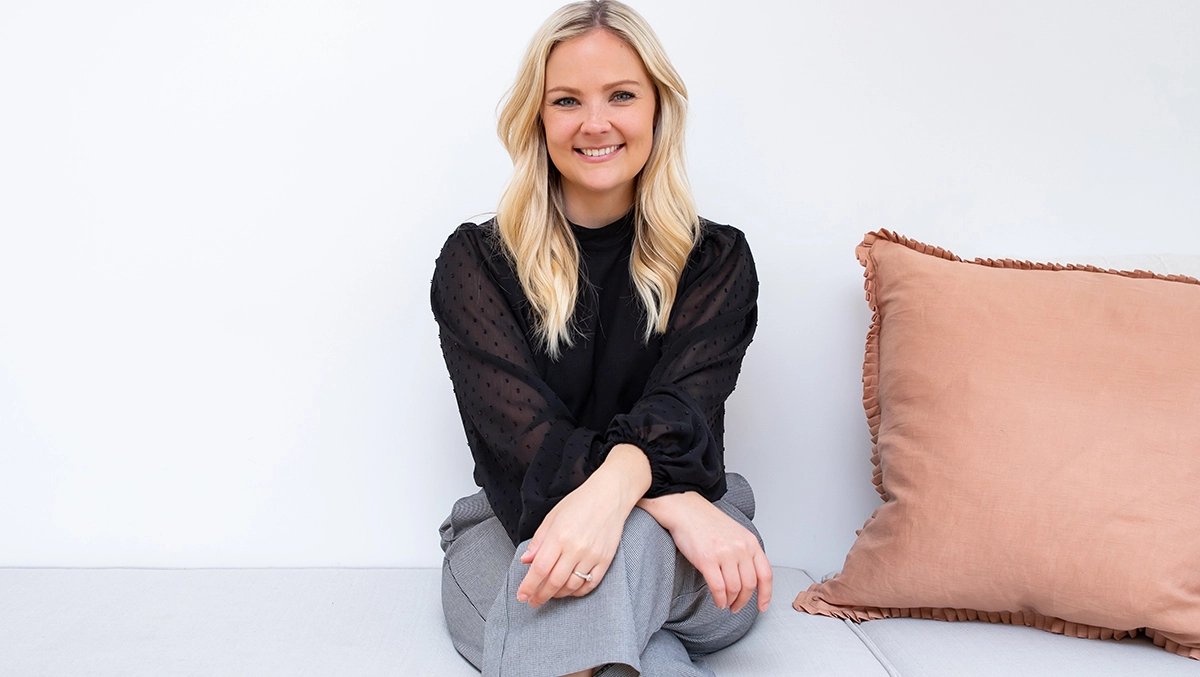
IWD 2024: Breaking barriers: Building a brighter future for women in technology
As I reflect on my career to date and think about all those who have supported me along the way, I also think of the thousands of women who tirelessly fought for equality and inclusion for more than a century before I joined the professional world. In the last two generations, we have seen a categoric shift in the focus on equal opportunities for women. Today, the majority of businesses recognise the problem, understand the key facts and are finally taking steps in the right direction, but there's still a long way to go. While I am incredibly grateful for the effort and tenacity of the women leaders before me who struggled uphill battles to quash stereotypes and smash glass ceilings, the onus is now on us to take the baton and continue to strive to achieve true gender equality for the women who come next.
First, let's paint a picture of where we currently stand, as it's not pretty.
Venture investment in Australia more than doubled to A$10 billion in 2021-2022 FY compared to the previous year. Of that, less than 10% went to start-ups run by women, and less than 15% went to start-ups with mixed founding teams. The remaining VC funding went to start‑ups with male founders only – a colossal A$8.5 billion.
If you dig into any of this data more deeply and look at the impact on women of colour, women from low socio-economic backgrounds, or those with disabilities, the data is devastating.
Women in technology are rare, let alone those in senior positions and they aren't getting paid as much as their male counterparts. A recent WGEA landmark report found in the Professional, Scientific and technical services industry, the pay disparity between men and women was the fourth highest of any sector, sitting at around 22.8 per cent. When defending this gap, many of the tech leaders cited that there simply weren't enough women in senior roles. The same report confirms this, noting women comprise just 35.2 per cent of management positions – a significant issue in itself. Additionally, almost 30 per cent of companies have no female representation on their Board.
The good news is there are great benefits available to companies when women are given a voice. Workplace Gender Equality Agency (WGEA) research shows that increasing women's participation in the workforce leads to greater economic growth and often drives more sustainable and inclusive business practices.
This International Women's Day is a good time to reflect on the work still in front of us, particularly in the tech sector. There is still significant work to be done as these great inequalities exist, but we must create a path for the next generation of women tech leaders.
There are three key areas that need our immediate attention.
- Investment - The stats mentioned above are incredibly disheartening, but we can turn them around. To encourage young women coming up in the industry with innovative, often life-changing ideas, we need to back them up and show them that securing investment is possible. VCs need a shake-up as they're missing ripe opportunities to support profitable female-led businesses that will pay dividends in the long run.
- Education – we need continued investment into education, specifically targeting parents and girls in school, college, and university who are figuring out which career path to pursue. We need to highlight the lucrative career opportunities in tech and industry and invest in recruitment programs tailored towards women.
- Mentors – The government and big tech companies need to look at how we can mentor women-led tech businesses, supporting and guiding them as they navigate relatively unchartered territories. In male-dominated industries female mentors would be a significant contributor to the success of other females.
Government, investors, and tech leaders, both male and female, need to band together and consider their individual contributions to enabling women in tech to venture and lead. They need to look at how they are getting in the way of progress, whether through unconscious bias or blatant favouritism and make changes today that will benefit the women of tomorrow.